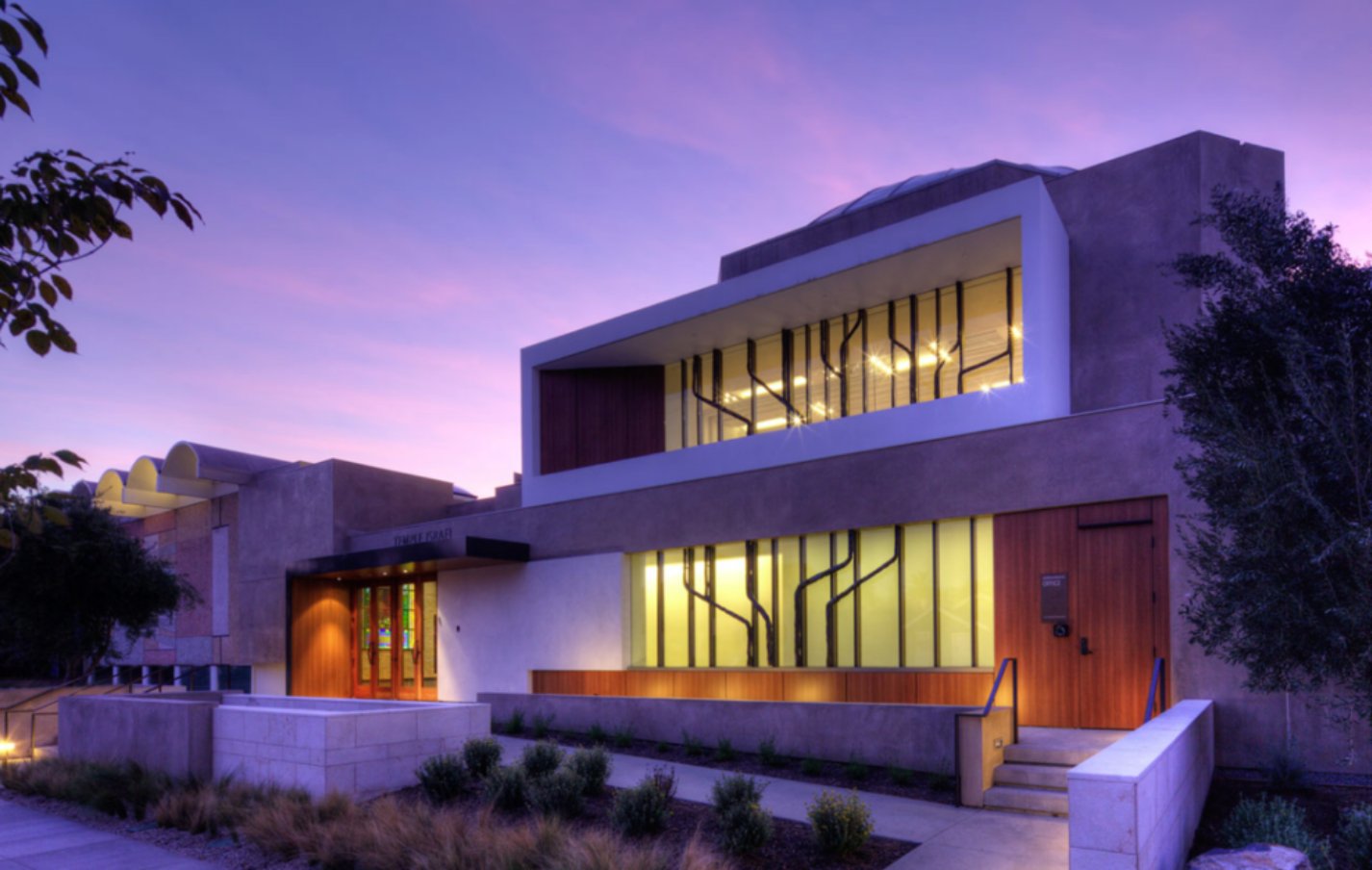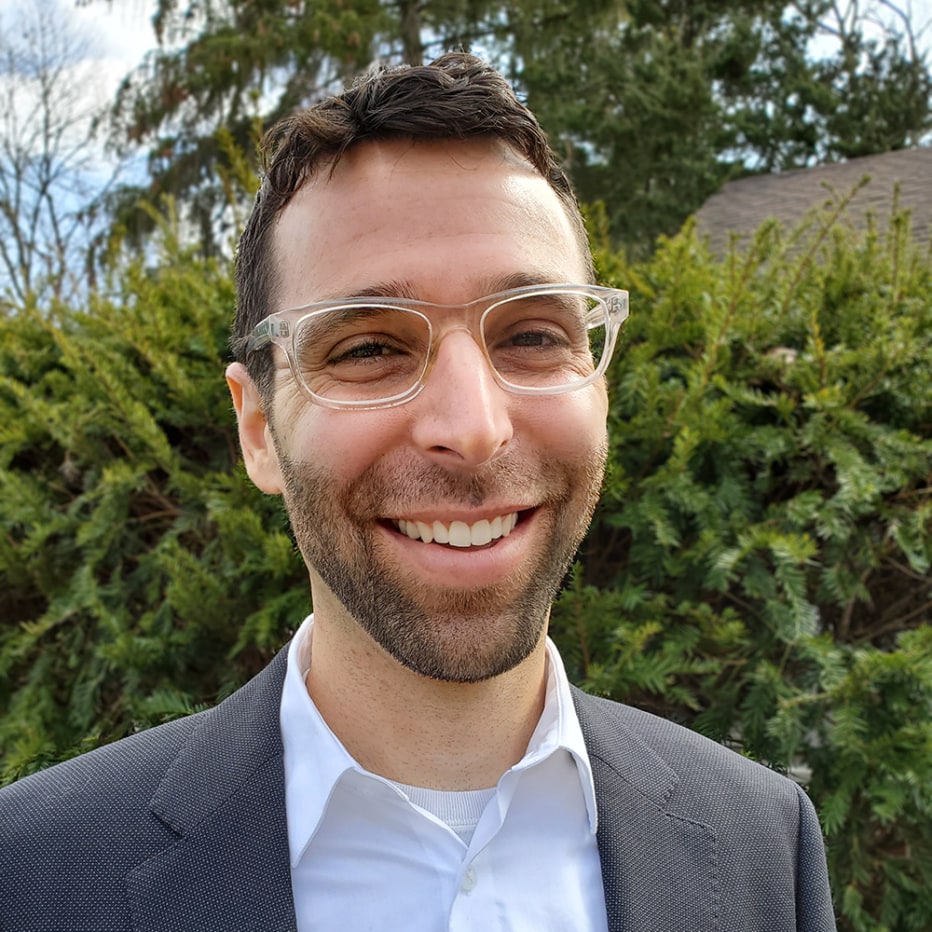
News

Remembering When to Take a Break and Breathe
April 2, 2021
I remember the first time I saw Jonathan Kreisberg play. I was living in Los Angeles and my guitar teacher John Pisano insisted that I come that week for his Guitar Night at Spazio’s. I showed up that Tuesday and saw the usual venerable crowd of Jazz veterans hanging out at tables around the restaurant, people drifting from one table to the next saying hi, asking about the kids, and so on. Many of the people ordering dinner and drinks had themselves been on the other side of the room, up on stage playing. The performers week to week were a mix of the locals and traveling guitarists, in mainly from New York, to play at some other LA club for one or two nights. John would invite them to play at his weekly program either with a house band or their touring group. This night a young man took the stage, dark hair, quiet. Guitarists are big into gear, but he brought the most common guitar to jazz onto the stage, nothing fancy, and said a modest thank you. It would have been understandable had he been nervous, the who’s who of the guitar world came to those evenings, you could find someone who had played with just about every big name in Jazz: Frank Sinatra, Duke Ellington, Ella Fitzgerald, within 20 paces of each other in one dimly lit red room. He counted off the first song, and the trio came in all on the same beat, and from that first note not a single one seemed out of place, they were brilliantly timed and beautifully chosen. He had access to a whole new vocabulary of harmony and danced in and out of the tight pocket with his other bandmates. This crowd should be nervous to be around him.
I sat towards the back, the cheaper tables, but partway through the first set John motioned me over to sit with him near the front and up by the stage I could hear that Jonathan Kreisberg was doing something strange. While he was playing he was quietly singing along to the notes riffed out on his guitar and honestly not always on pitch (rarely on pitch). After his first set, he said thank you again, put his guitar down, and made the rounds fairly quickly with John to say hi to all the players and enthusiasts in the room. Then he came over to sit with me while John went back to a second room tour. Jonathan was very pleasant to talk to, and after the initial small talk, I finally I asked him about what had been puzzling me through his set. Why was he singing? “Oh you could hear that?” he asked, “that’s so I know when to stop playing.” Guitar players love to noodle, to play and play, and unlike trumpet or saxophone there’s no moment when you run out of breath that causes you to stop the phrase, breathe, and then start with your next one. Guitar players could go for an hour before they get tired and need a break, but what comes out is a jumble of notes. Every melody needs a pause, needs phrasing and rests in order for the listener to appreciate the notes chosen between the silences. So Jonathan sang along (and I understand still does) to know when to take a break.
It can be really easy, especially with computers and phones which are designed to continue to capture our attention, to keep going and going without a break. Our world seems to take us away from ourselves, gets us to work without a moment to stop, to breathe. We even do this for breaks at times, putting on a TV show and careful algorithms present us immediately with another and another episode or video to watch. It can be hard to stop. That’s why we have a built-in breath to our weekly calendar, Shabbat. It can be easy to let the rhythm of the world carry us to a constant go-go, but we need those breaks, that rest. I invite each of us to find a time this month to pause, rest, light Shabbat candles or go on a walk at the end of the week, to stop for a moment after the hard rhythm of the week, and breathe.